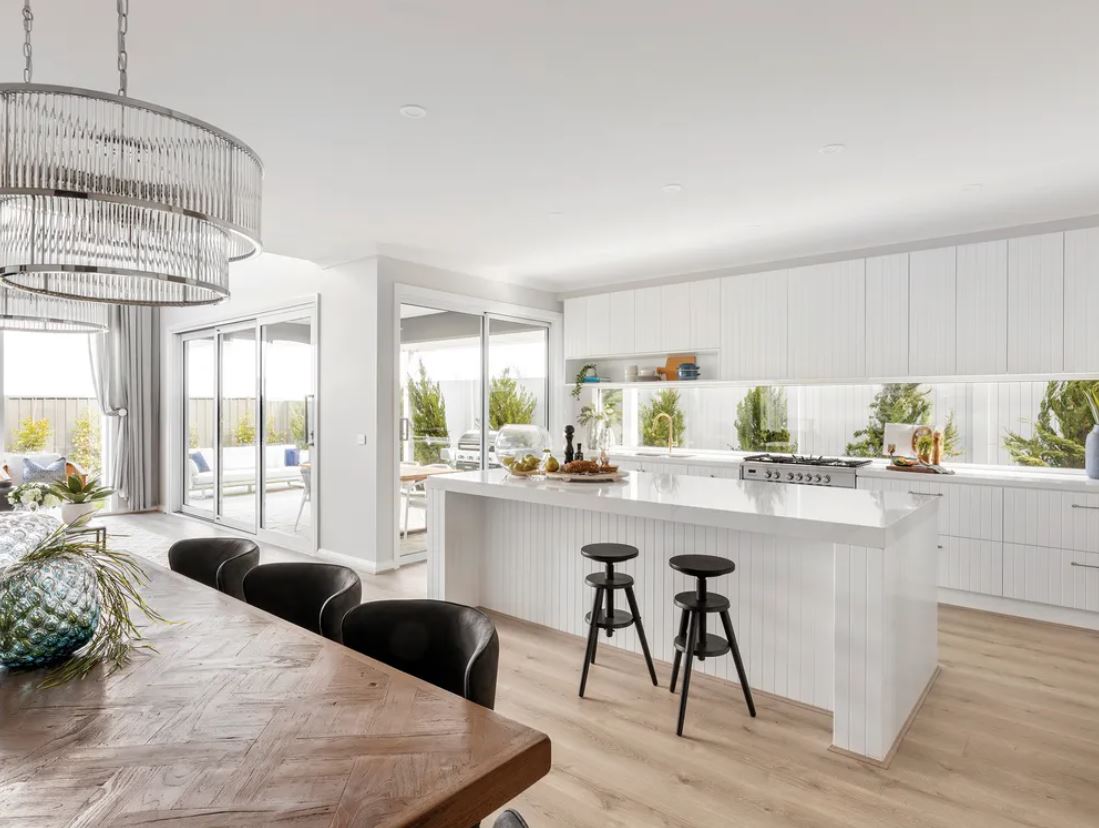Saving a deposit still the biggest hurdle for renters wanting to buy
In a new series called Generation Rent, realestate.com.au rent specialist Emily Hutchinson debunks some of the common myths associated with renting.
There are multiple factors that deter renters from buying a home, such as being tied to a mortgage with less freedom to move around. However, saving up a deposit remains the greatest hurdle for renters looking to buy, according to experts.
“It’s rarely the serviceability of the mortgage that’s the issue, it’s the deposit,” said Melbourne-based property manager Sam Nokes of Jellis Craig – Stonnington.
Ideally, a buyer will have a 20% deposit for a property to avoid lenders mortgage insurance, however saving for that deposit while renting is a hurdle many renters struggle with, even for first-home buyers under the federal government’s 5% deposit scheme, according to personal mortgage adviser at Smartline Karen Smart.
“Even though you can consider your rental payment as evidence of savings, you still need to have saved a 5% deposit plus purchase costs, and this can sometimes be difficult to do when you are paying rent every week.”
It’s no longer a case of simply making sacrifices
Ask any parent who is a homeowner how they saved up a deposit and they will say it involved making sacrifices, however experts agree it’s now harder than ever to gather a deposit.
“It has always been difficult to buy a first home. For our parents’ generation, housing prices were lower but interest rates were much higher,” said realestate.com.au economist Paul Ryan.
“But the data suggests it has gotten more difficult to become a homeowner over time. Home ownership rates have been falling for all age groups, particularly younger households. This is mainly because, as prices have increased, the amount of savings required to enter the market – the deposit and stamp duty – has increased significantly,” he explained.

Saving up the deposit remains the greatest hurdle for renters. Picture: realestate.com.au/buy
Mr Nokes said many renters move further afield where rent is cheaper, so they have more money left over to save for a deposit. They often move in with family or into a share house to cut costs, he added.
A number of government incentives are aiming to ease the deposit burden for first-home buyers.
The 2021 federal budget included a new Family Home Guarantee, which will allow 10,000 single parents with dependant children with an annual income below $125,000 to purchase properties with a deposit as low as 2% over the next four years. They can be first-home buyers or be seeking to re-enter the market, but must not currently own property.
The First Home Loan Deposit Scheme, which helps low and middle income earners buy a modest first home with a deposit as low as 5%, has also been extended. There will be another 10,000 FHLDS places in the 2021/22 financial year, plus an additional 10,000 New Home Guarantee places specifically for first-home buyers building or purchasing new homes.
In another budget measure, the maximum amount of voluntary contributions eligible to be released under the First Home Super Saver Scheme will increase from $30,000 to $50,000.
There are also stamp duty exemptions and concessions at in place at a state and territory level for eligible first-home buyers.
‘The market is outpacing people’s savings’
A recent consumer survey from realestate.com.au found it takes 28 weeks on average for a buyer to find a property, from exploration to an offer being accepted. In this time, the market could have changed requiring the deposit to also adapt.
“The market is outpacing people’s savings. If the value of properties has gone up 20% in the inner city for houses in the last quarter, have your savings increased by 20% to keep up with that? Almost definitely not,” Mr Nokes said.

A fast-moving market puts pressure on many renters with pre-approvals. Picture: realestate.com.au/buy
Renters’ pre-approvals can expire during the long search for a property to buy, which puts a lot of pressure on the renter who might also see their own lease expire in the same timeframe, said Ms Smart.
“If a client is renting but reaches the end of their lease and/or the owner of their rental decides to sell, and they haven’t yet found a property they can buy, then they have the added stress of finding another rental.”
Renters are going to the bank of mum and dad
Increasingly, parents are stepping in to help their children raise a deposit for a home.
Recent data from Digital Finance Analytics shows the number of first-home buyers getting financial assistance from the so-called bank of mum and dad has hit a record peak of about 60%.

Getting help from the bank of mum and dad helps a lot of renters enter the buying market. Picture: Getty
“Those who have a bit of extra cash up their sleeves, or have parents who are willing to give them a parental guarantee on their loan, are faring better,” said Ms Smart.
“Having that backup means they can offer a little more money and be more competitive in negotiations. When there are multiple buyers, which is often the case at the moment, this is making a huge difference and is helping first-home buyers secure their property earlier.
“I’ve seen a number of buyers who have struggled for years and their parents have eventually stepped in and given them some extra money, or a parental guarantee, and it’s helped them clinch the deal.”
SOURCE : https://www.realestate.com.au/news/saving-a-deposit-still-the-biggest-hurdle-for-renters-wanting-to-buy/?rsf=edm:brz:nl:weeklya3

